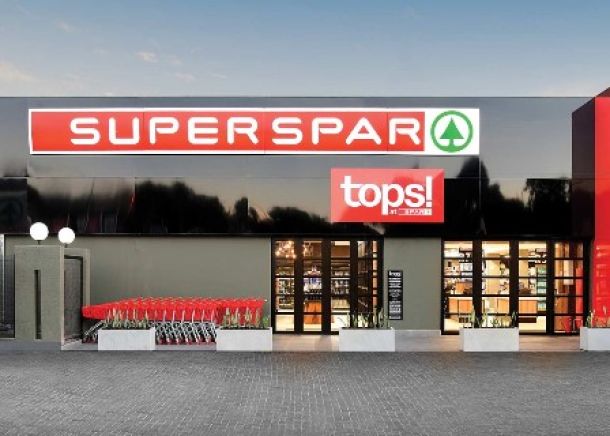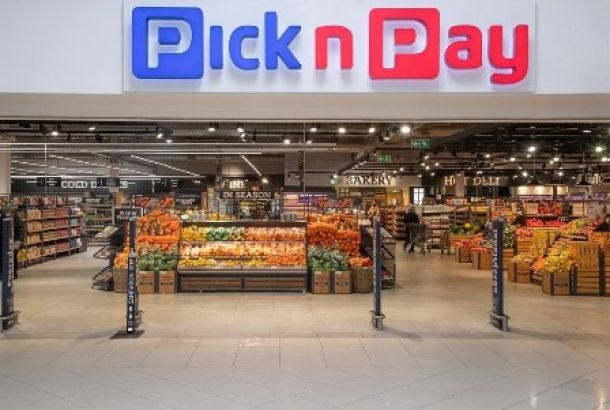Portfolio manager at Gryphon Asset managers Casparus Treurnicht said that it was about time that top-level management was reorganised so individuals could be held more accountable. He reminisced about how in 2014 Woolworths assured shareholders that "initiatives are expected to deliver incremental ebit [earnings before interest and tax] of at least R1.4bn per annum within five years".
However, the acquisition remained a noose around Woolworths’s neck, pointing to a poor performance by management.
"Wow! Management really did well for themselves!
"Not only did they overpay for DJ [David Jones], they simply got the cycle wrong and never delivered on promises.
"They must be held accountable," said Treurnicht,
Peter Takaendesa, portfolio manager at Mergence Investment Managers, said that Moir had come out to take some responsibility for the poor execution at David Jones.
"Ian is an experienced retail executive and has executed very well in the past."
He said other retail companies such as Mr Price had also experienced patches of weaker execution recently but had
managed to resolve those issues. "We therefore believe investors are likely to give him a chance to resolve those execution issues but failure to demonstrate progress over the next 12 months could cost him his job," Takaendesa said.
Vele Asset Managers equity analyst Matthew Zunckel welcomed the impairment, saying it was overdue as it had been clear for a while that the assumptions used in calculating the goodwill attributable to David Jones were overly optimistic.
He said that while the write-off would distort a number of metrics, it would allow David Jones to strategically start on a "clean" slate with a more reasonable valuation of David Jones on Woolworths’s books and better prospects of earning an adequate return on capital.
But he maintained that management should take accountability for the "disastrous move", as the acquisition resulted in a huge amount of value destruction for shareholders.
Woolworths warned that its headline earnings per share for the 26 weeks to December 24 were expected to drop between 12.5% and 17.5%.
On Thursday morning, the share price dropped 11.7% but recovered to close 2.33% lower on the day at R64.14. Those who invested in Woolies at the start of the year have lost 1.79%.
The underlying issue in Australia is that turnaround plans are not bearing fruit in the department store industry.
Zunckel said that department store managements were having to fight an established structural story of consumer preference for shopping online or at speciality retail stores, and so far that structural story had remained entrenched. Meanwhile, there is some wariness about close competitor TFG’s interest in expanding even further into the impregnable Australian market, after it bought RAG for R3bn in 2017.
"When will people realise that 70%-90% of acquisitions fail?" Treurnicht said, adding
that value could only be created organically. "That’s how Shoprite and Clicks’s share prices outperformed," he said.
But Takaendesa argued that TFG’s international expansion appeared to be going well so far, which might mean that it was selecting better assets to acquire or executing better or both.
"They are currently an outlier in that regard as most South African retailers are struggling when it comes to expanding into highly competitive developed markets," he said.
"We will be closely monitoring cash generation and the sustainability of their better performance to avoid Steinhoff kind of problems."




